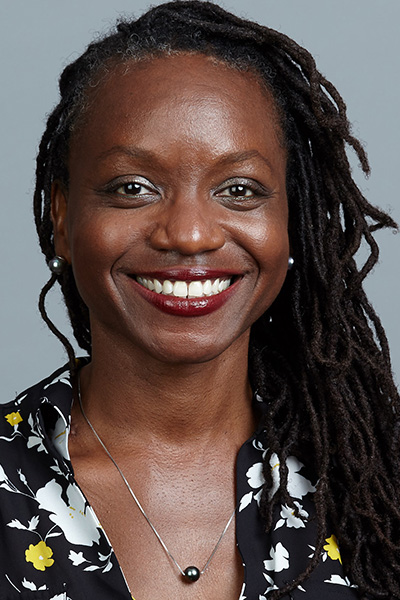RECENTLY, I VISITED the National Museum of African American History and Culture in Washington, D.C. It was a powerful visit that underscored for me the underrecognized contributions of Black intellectualism to American ideals. A tradition that must not be forgotten or erased, Black intellectualism can be traced to the very foundations of this great nation, providing a North Star for the struggle toward freedom and human development.
18TH CENTURY | In fact, at the nation’s very conception were prodigies like Phyllis Wheatley, an enslaved person who could read and write and whose intellectual prowess and poetic gifts were so extraordinary that she was examined by a committee, including the nation’s forefathers (e.g., John Hancock), to test whether she was truly the author of her own book of poems. On the wall of the museum was this 1774 Phyllis Wheatley quote: “…In every human breast, God has implanted a Principle, which we call Love of Freedom; it is impatient of Oppression, and pants for Deliverance.” As an incredibly literate enslaved woman, her very existence was transgressive and her mind liberatory. Moreover, the museum docent pointed out how closely her 1774 words called to mind the words of the Declaration of Independence, two years later, referring to people being endowed by their Creator with “certain unalienable rights, that among these are life, liberty, and the pursuit of happiness.”
19TH CENTURY | A hundred years later, Black intellectuals like Congressman Robert B. Elliott, who graduated with a law degree from Eton College and served in the U.S. legislature during Reconstruction, continued in the Black intellectual tradition of trying to make American ideals a reality for all by advocating the 42nd United States Congress in 1871 for “equal rights and equal public privileges for all classes of American citizens.” With more than 1,500 Black men holding elected office, Reconstruction was one of the most progressive periods of American history, and it was followed by a period of brutal backlash and racial violence. Yet, Black intellectuals persevered.
20TH CENTURY | Formerly enslaved, Black intellectual Ida B. Wells documented the realities of lynching via her publication of the Red Record, holding America to account. W. E. B. Du Bois emphasized critical thinking and higher education stating that:
“Here is a chance for young women and young men of devotion to lift again the banner of humanity and to walk toward a civilization which will be free and intelligent, which will be healthy and unafraid, and build in the world a culture led by black folk and joined by the peoples of all colors and races, without poverty, ignorance, and disease.”
The great civil rights leader of Minnesota, Dr. Josie R. Johnson, who also founded the CGC, joined this 20th century fight for civil rights, and as a Black intellectual myself, it is the shoulders of these giants upon which I stand.
21ST CENTURY | As a CGC alum, full professor, and CEHD associate dean, I am both humbled and proud to continue in this tradition. I was promoted to full professor at the University of Minnesota in 2019, where one reviewer of my dossier characterized my scholarship as following in the tradition of great thinkers like W. E. B. Du Bois—a review that means even more to me now. I am grateful for my trip to the African American Museum of History and Culture. My visit reminded me of my history, our nation’s roots, and what should be our collective North Star. We all need these reminders as America proceeds through yet another period of backlash. We must take up Du Bois’ call of lifting the banner of humanity and working toward a civilization that is free and intelligent, healthy and unafraid. Through Black intellectualism, I am reminded that we have a strong tradition that we can draw from to guide us.
—TABITHA GRIER-REED
